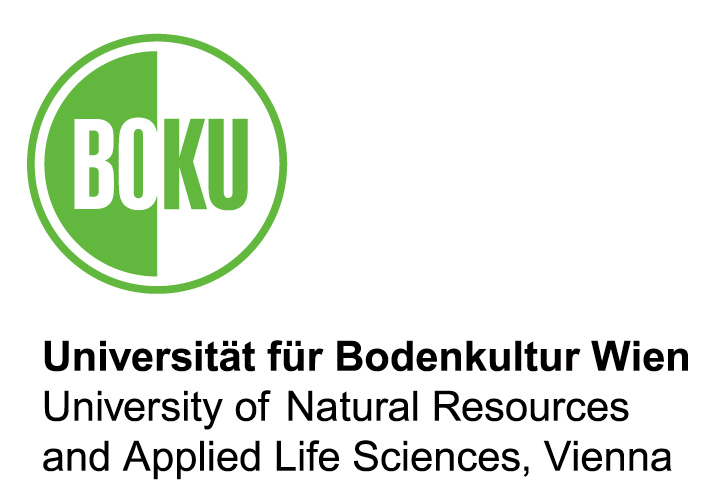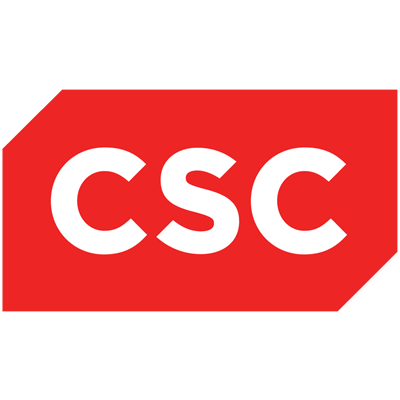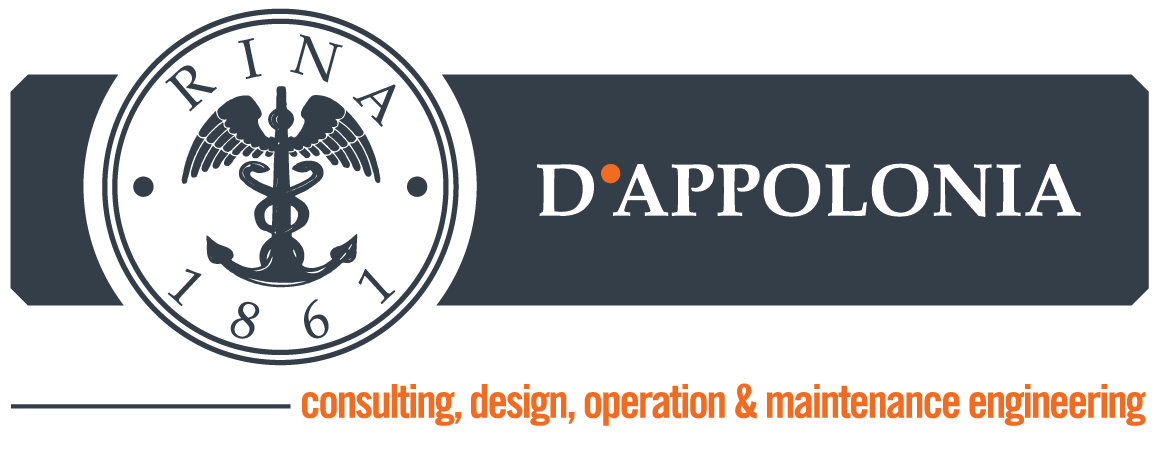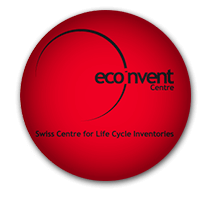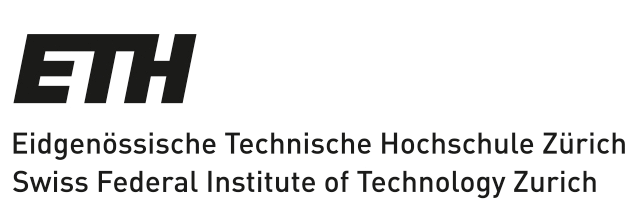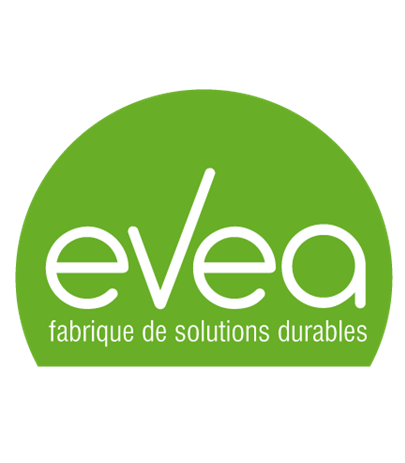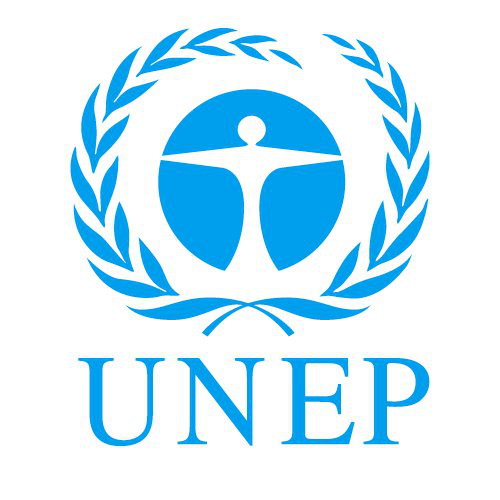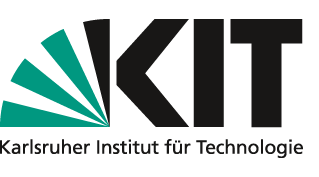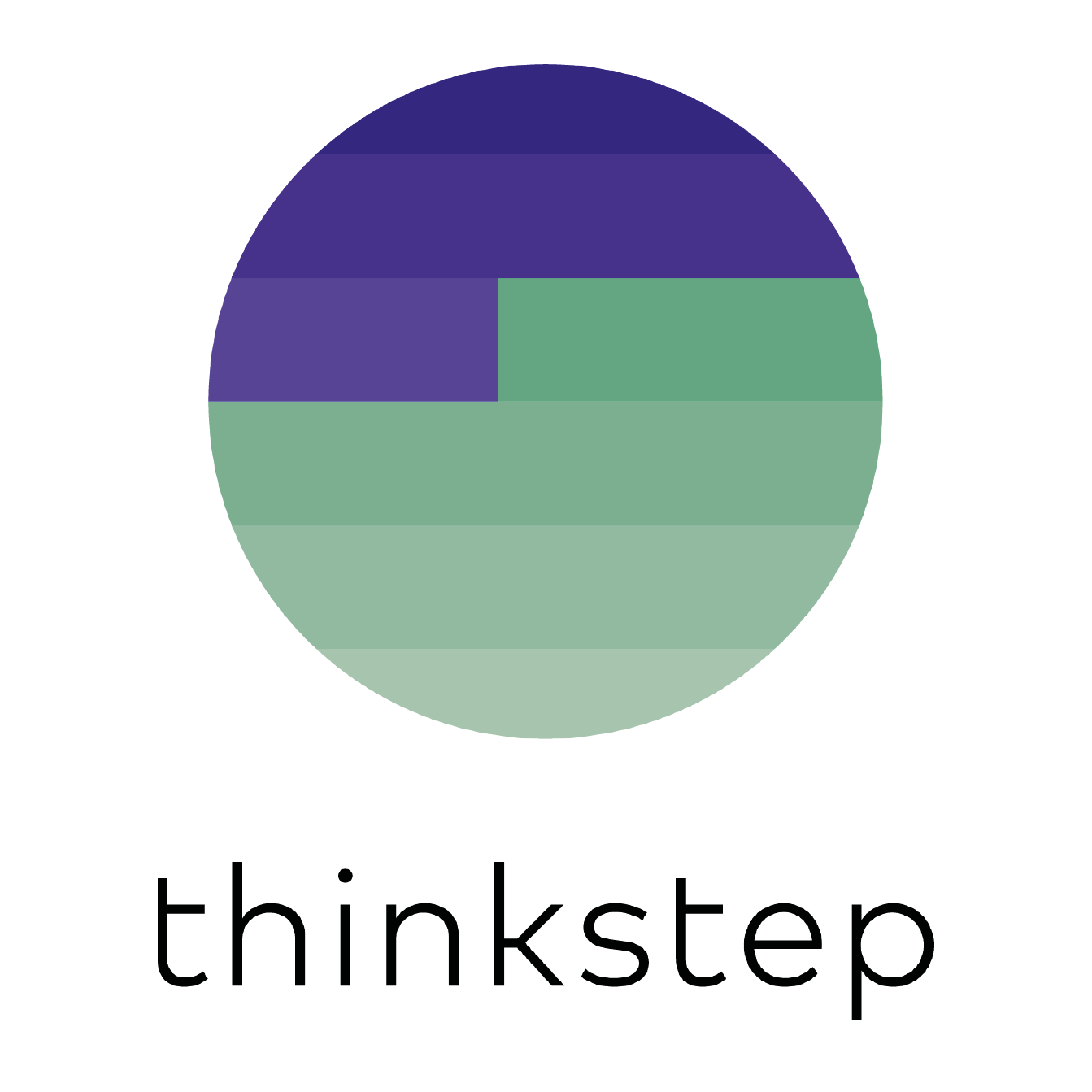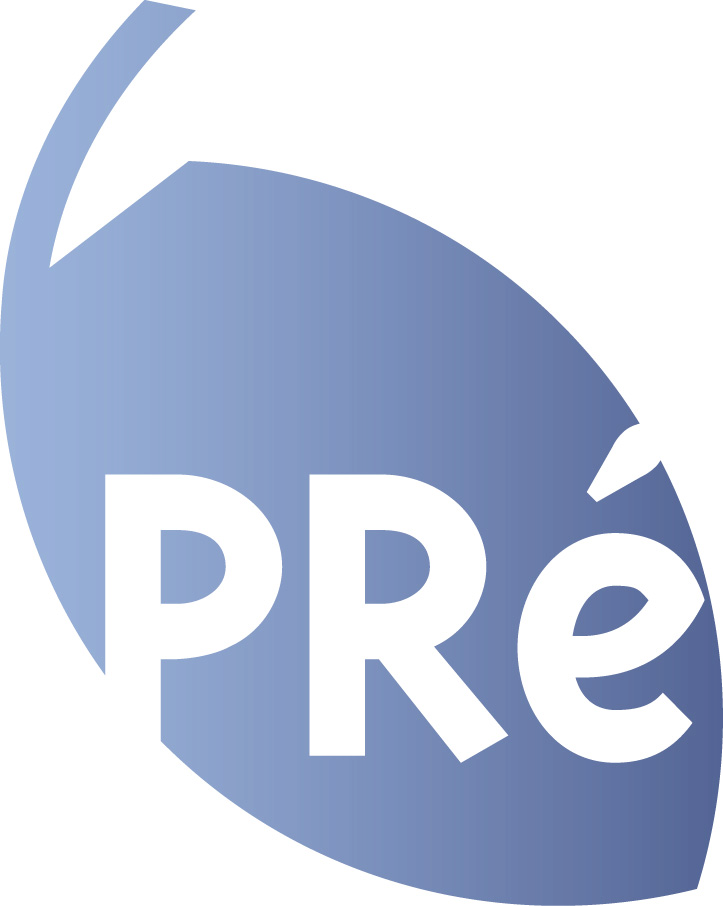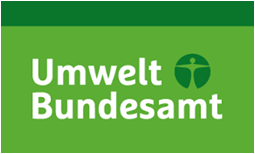openLCA use cases
 Using openLCA in industry
Using openLCA in industryCreating LCA studies according to international standards, be it for sustainability reporting, marketing of your products or product design, becomes more and more an inherent part of businesses. openLCA allows fast calculation of results with the largest set of data available for LCA. Many business users rely on the known and world-wide used LCA databases such as GaBi or ecoinvent which can be used in openLCA.
openLCA is easy to install, offers a modern and intuitive user interface and can be used for working in a team. The report feature of openLCA where a complete html report is created is particularly interesting for publishing and sharing results.
For businesses who have been working with other LCA software, we are helping migrate existing models to openLCA and assure a seamless transition. A “Guided Case Study” including a training is the perfect start to using openLCA in a professional environment.
In several cases openLCA was used as a basis to build a customized software solution, with web or desktop applications. We also offer to implement smaller features to make sure you get exactly the software you need.
CCL Label

For CCL Label we have – together with the company – conducted Guided Case Studies for some of their products. An initial training course was organized and we provided support at important milestones when conducting their LCA studies, such as for the initial set up of the model, the impact assessment or the interpretation of results.
 Using openLCA in consultancy
Using openLCA in consultancyBeing free and open source, openLCA has low total costs of ownership and no maintenance costs apply. Existing database licences can be used in openLCA (for a small amount) making it a very affordable solution to consultancies. With the best export and import capabilities, or using the html report, life cycle models can easily be shared with clients. Easy sharing becomes also important when reviews are requested.
With many basic and advanced features, it is possible to create an LCA study covering all aspects of sustainability, such as the environment, economic factors as well as social indicators.
openLCA offers many options for visualizing the results, for example a Sankey diagram, spider map, a world map locating the impacts and many more.
The openLCA “Quick start” support is the best way to start using openLCA if you want to make sure all questions you have in the beginning are answered.
beLCA

beLCA is an Italian team of consultants in the field of building, energy and Life Cycle Assessment using and supporting openLCA. They are also our partner for Italy and provide trainings and services related to openLCA to our Italian clients.
SCS Global Services
 SCS Global Services is a 3rd party environmental and sustainability certification company in the United States that uses openLCA for Life Cycle Assessments. SCS applies regionalized impact assessment in its LCA practice. GreenDelta developed for SCS a regionalized impact assessment feature which is now available in openLCA.
SCS Global Services is a 3rd party environmental and sustainability certification company in the United States that uses openLCA for Life Cycle Assessments. SCS applies regionalized impact assessment in its LCA practice. GreenDelta developed for SCS a regionalized impact assessment feature which is now available in openLCA. Using openLCA in education
Using openLCA in educationAs a free software openLCA is the perfect solution for use in universities and education. Students download the software for free and by creating their own models learn how LCA is done. With free LCA databases available, such as the ELCD database, it is possible to create a completely free LCA study, without any restriction of use of the models and data. Even databases that are usually rather costly offer free or affordable faculty licences.
Professors and teachers use our free manuals and case studies for the lectures or request customized exercises for their classes. A good start could be an online training for the lecturer.
Particularly for the use in a classroom situation we are offering an educational multi user version of the openLCA Technical software support so that students do not need to bother the lecturer with any questions in this area.
Ghent university
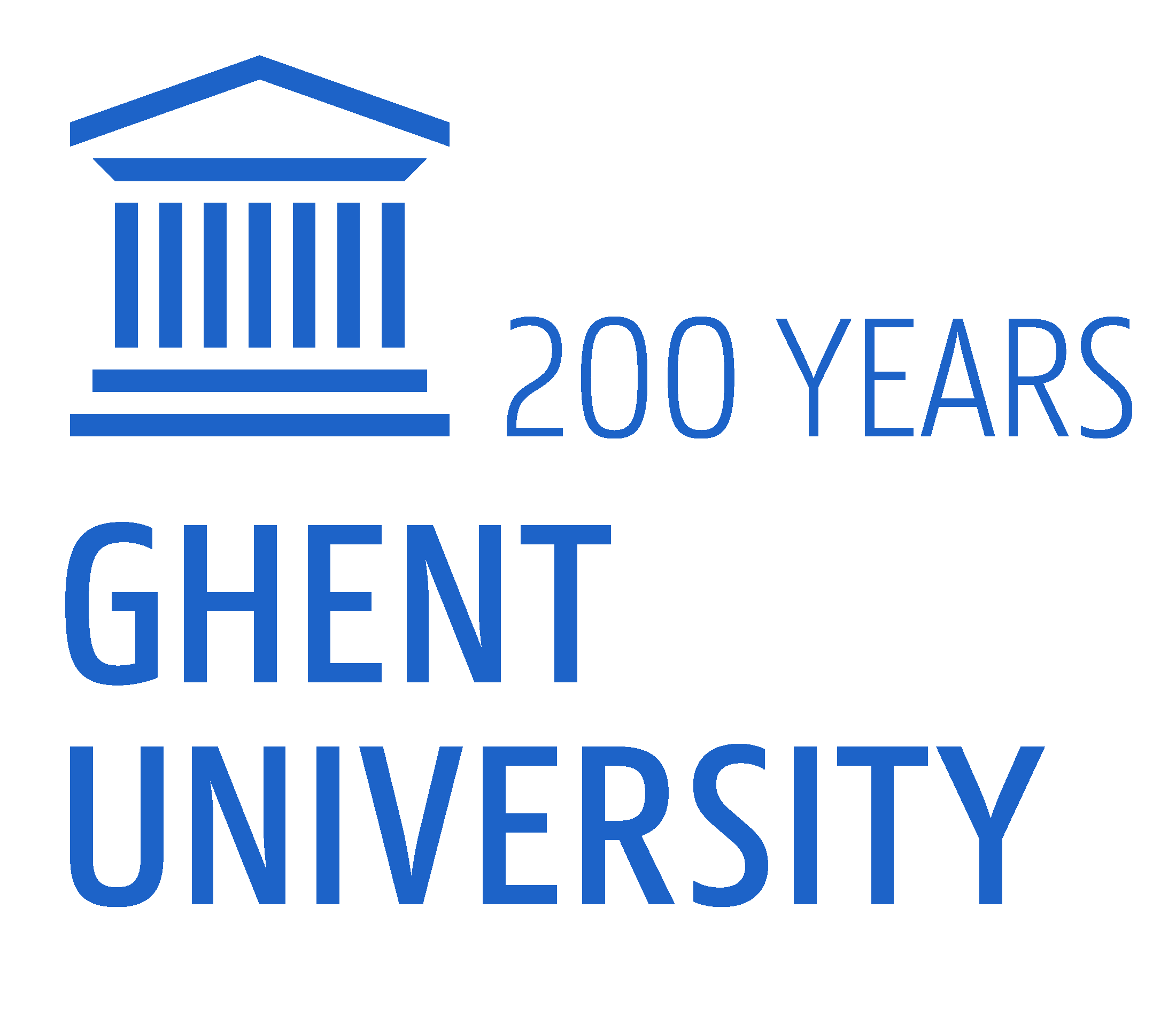 At Ghent university openLCA is used server-based for about 150 accounts – which is unique to our knowledge. With separate logins for the students they established a multi user environment for using the ecoinvent database in openLCA.
At Ghent university openLCA is used server-based for about 150 accounts – which is unique to our knowledge. With separate logins for the students they established a multi user environment for using the ecoinvent database in openLCA.Hochschule Darmstadt
 The Hochschule Darmstadt (h_da) in Germany uses openLCA in their LCA lectures for Bachelor and Master students in environmental engineering. The professor received an initial webbased training, and we prepared additional case studies and exercises to use in the lectures.
The Hochschule Darmstadt (h_da) in Germany uses openLCA in their LCA lectures for Bachelor and Master students in environmental engineering. The professor received an initial webbased training, and we prepared additional case studies and exercises to use in the lectures. Using openLCA in research
Using openLCA in researchopenLCA already provides features and possibilities not available in other LCA software, such as the possibility to integrate GIS data. This makes it particularly interesting for application in research covering innovative questions in the LCA area. Being open source it can be extended to meet and include or to test new approaches.
openLCA is an up-to-date and user-friendly software and the source code can be viewed by everyone. Contributions to openLCA are also always welcome.
For developers we are offering an openLCA Developer support, to get valuable insights in the openLCA software architecture, programming languages used or any other topics of interest.
Oregon State University
 A research group at the Department of Biological and Ecological Engineering (BEE) at Oregon State University uses openLCA as their LCA program of choice and have published several peer reviewed research papers based on work with openLCA.
A research group at the Department of Biological and Ecological Engineering (BEE) at Oregon State University uses openLCA as their LCA program of choice and have published several peer reviewed research papers based on work with openLCA.They developed new LCIA methods using GBEP metrics and are currently working on a large project that looks into the Food Energy Water Nexus at a regional scale. They are using different databases from Nexus, e.g. ecoinvent, but also other free databases such as NREL/US LCI.
Nano3Bio
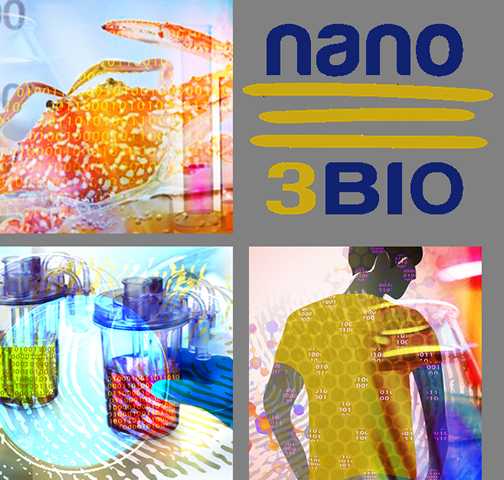
For research projects, we (GreenDelta) use openLCA to conduct Life Cycle Assessments, such as for the Nano3Bio project, an international scientific project in the area of biotechnology that has the aim to provide a detailed environmental assessment of biotechnologically and conventionally produced chitosans by using LCA methodology. GreenDelta performs LCA for different types of chitosans and chitooligosaccharides, in strong collaboration with 2.0-LCA consultants. LCI datasets resulting from the assessment will be published in the European Life Cycle Database.
Find more information on the project website: http://www.nano3bio.eu
This project has received funding from the European Union’s Seventh Framework Programme for research, technological development and demonstration under grant agreement no° 613931.
![]()
PROSUITE

PROSUITE was a research project under the European Seventh Framework and started in November 2009. In the project, methods for an integrated, prospective sustainability assessment of new technologies were developed. The assessment includes social, economic and environmental criteria.
GreenDelta was involved in the development of the methods for the economic assessment and in the dissemination. Our main contribution was the implementation of PROSUITE as plug-in to be used in openLCA. GreenDelta also designed and implemented the project website.
Find more information on the project website: www.prosuite.org.
 Using openLCA in the public sector
Using openLCA in the public sectorFor public or governmental institutions open source software can be particularly tempting and many institutions are already engaged with open source software, particularly in the US, UK, New Zealand and India (see also here).
One advantage is that no acquisition or maintenance costs apply for the software. Furthermore, the software can be adapted to one’s needs and, as opposed to non-free and closed source software allows total control over the functions.
US EPA
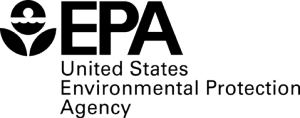 The Life Cycle Assessment Center for Excellence (LCACE) in the National Risk Management Research Laboratory of the US EPA Office of Research and Development has been both a collaborator and user of openLCA since 2012.
The Life Cycle Assessment Center for Excellence (LCACE) in the National Risk Management Research Laboratory of the US EPA Office of Research and Development has been both a collaborator and user of openLCA since 2012.
In 2011, the LCACE performed an extensive evaluation of available software for LCA and determined that openLCA could be best used to further the mission of the Agency. Since that time LCACE has worked with GreenDelta to continue to improve openLCA (see Supporters) and establish it as the standard LCA software for the US EPA Office of Research and Development and also worked with other US EPA offices to use openLCA.
openLCA has since been used in support of LCA studies that have been published in numerous EPA reports and top peer-reviewed journals in the field. US EPA has also found openLCA to be an excellent platform for building non-expert user applications upon, such as the WAste Reduction Model (WARM).
openLCA users, examples
openLCA is an internationally recognized open source software utilized by a broad range of users from businesses to scholars and practitioners. As openLCA is a free, open source software, we are not always able to tell who is using it. Here’s a selection of companies and institutions we know are working on projects with openLCA currently or in the recent past.
If you are interested in being mentioned here as a part of the openLCA user community feel free to contact us!


